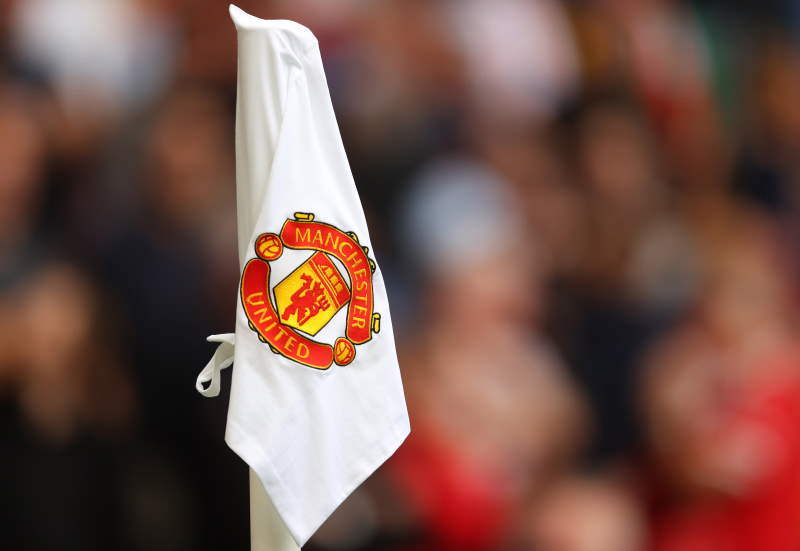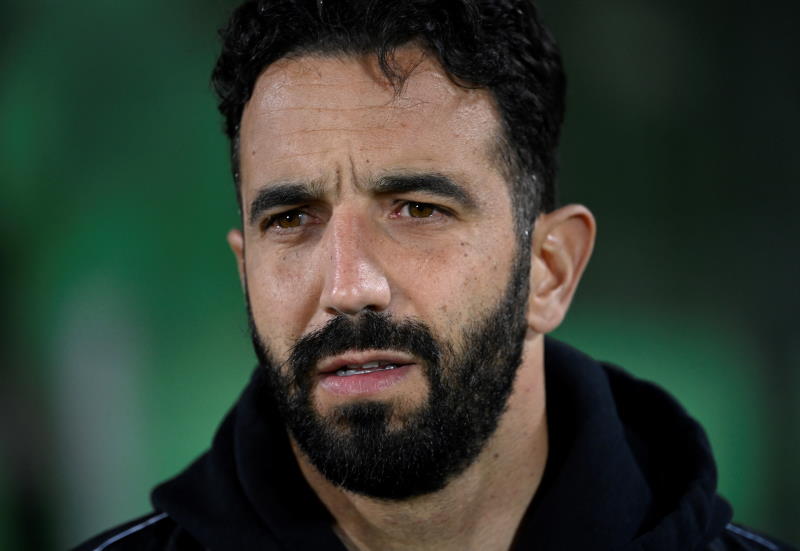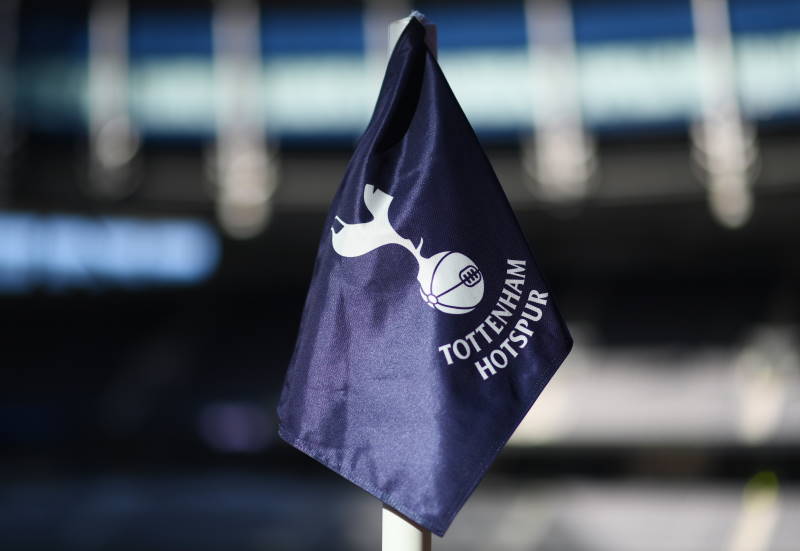
Ian Palmer
It is hard for a lot of people to understand how a country like Canada, which has such a rich history and tradition of soccer, can quite frankly, be so bad at the sport these days. However, that wasn’t always the case.
Canadians have been playing organised soccer as far back as 1877 and could be considered of a more than reasonable standard then. In fact, the Galt Football Club won the Olympic gold medal for the country at the 1904 Summer Games in St. Louis, Missouri in the US and Canadian teams of the era often held their own against international competition.
From 1928 to 1946 though, the competitive games dried up as Canada withdrew from FIFA due to arguments over payments to amateur players. It wasn’t until 1957 that the nation entered World Cup qualifying and their first time playing as a national side for 30 years. The North American side’s first game back on the national stage was a success as they thumped the US 5-1 at home, but were then held twice by Mexico before beating the US again 3-2. It wasn’t enough however, as Mexico won the group and headed off to the 1958 World Cup in Sweden.
The country didn’t compete in a major tournament again until playing in the 1967 Pan American Games, which they hosted in Winnipeg, Manitoba, coming in fourth place. They failed to reach the World Cup under various managers in 1970, 74, and 78 and didn’t fare much better in CONCACAF, Pan American and Olympic tournaments, often suffering some embarrassing defeats.
There seemed to be a little light at the end of the tunnel in 1981 though as they placed ahead of America and Mexico to win their qualifying group for the CONCACAF championship in Honduras, which was the qualifying tournament for the 1982 World Cup in Spain. The group came down to the wire and a win over Cuba in the last game would have sent the Canadian to their first ever World Cup, but they could only muster a 2-2 draw, allowing El Salvador to qualify as runners-up.
English manager Tony Waiters was then brought in to guide the team and he did a good job as Canada earned their one and only World Cup appearance in Mexico in 1986 by winning the CONCACAF group to qualify. Once at the finals in Mexico, Canada played extremely well, but their lack of attacking prowess cost, with not a goal scored in their three group games, losing 1-0 to France and 2-0 to both Hungary and the USSR.
Instead of building on this minor success though, things went downhill pretty quickly as Canada were eliminated from qualifying for the 1990 World Cup after just two games on the away goals rule to Guatemala. They did play in a competitive tournament in 1990 though and actually won it as they hosted the first North American Nations Cup, a three-team tournament between themselves, Mexico and the US.
It was close, but no cigar again in 1994 as Canada advanced in World Cup qualifying with some good results only to lose the final game at home 2-1 to Mexico. They still had a chance to reach the finals in America, but then lost a two-game playoff series 4-1 in a shoot-out against Oceania champions Australia. Argentina however would go on to prevent even Australia reaching the finals themselves.
Qualifying for the 1998 World Cup did not bring a breakthrough either and was a disaster for Canada as they finished bottom of the group with six points from 10 games and a -15 goal difference. German Holger Osieck was then brought in to manage the team in 1999 and Canada won the CONCACAF Gold Cup in 2000, beating Mexico and Colombia on the way.
The Gold Cup win earned Canada a spot in the 2001 Confederations Cup and they held Brazil to a 0-0 draw. The Reds also played well in the 2002 Gold Cup, losing to the US on penalties in the semi-finals
The 2002 and 2006 World Cup qualifying campaigns were again embarrassing for the nation and things didn’t turn around until Stephen Hart of Trinidad and Tobago was brought in as interim manager in 2007 and he led them to a Gold Cup semi-final against the US, where they lost 2-1 after a controversial decision, having a late equalizer incorrectly flagged offside by a linesman.
In a huge step backwards, Canada inexplicably appointed former player Dale Mitchell as their new manager in 2008 even though he had failed miserably as coach of the U-20 Canadian side in that level’s FIFA World Cup. Under Mitchell’s leadership the youngsters failed to score and were eliminated in the first round – and on home soil no less.
It therefore came as no surprise that Canada were nowhere near good enough to qualify for the 2010 World Cup and finished last in their group with just two points from six matches.
Mitchell, who ironically is Canada’s all-time leading scorer with 19 in 55 games, was finally sacked in March 2009 and former interim manager Stephen Hart was again named as interim boss. Hart brought more of an attacking mindset with him and the team rolled off four straight wins under his guidance, but were eventually beaten 1-0 in the quarter-final of the 2009 Gold Cup.
Canada’s next matches will take place in Macedonia and Poland on Nov. 14 and 18. Hart has chosen a 17-man squad, with 15 of the players playing professional football in Europe. The two other come from the MLS.
The international friendlies will feature Paul Stalteri as the most experienced player with 77 caps, Richard Hastings (56), Tomasz Radzinski (45), and Atiba Hutchison (45). Stalteri, who has played for Tottenham and Fulham, and currently plays with Borussia Monchengladbach, is closing in on Randy Samuel’s all-time record for most appearances (82).
It seems that Hart is taking the team in the right direction and has some fine talent to choose from including, Julian de Guzman and Ali Gerba (both Toronto FC), David Edgar (Burnley), Iain Hume (Barnsley), Lars Hirschfield (Energie Cottbus), Jaime Peters (Ipswich Town), Simeon Jackson (Gillingham), Rob Friend (Borussia Monchengladbach), and Dwayne De Rosario (Toronto FC).
After years of neglect and unsuitable national training programs, it appears the Canadian Soccer Association is finally taking the sport seriously after it sky-rocketed in popularity in the country over the past few years. But the question now is, how long will it take to catch up to the rest of the world? Canada was ranked 92 in the world by FIFA in July and 53 in October.
Related Articles:
- – Argentina, Brazil, Paraguay and Chile Head to South Africa
- – Under-21 Championships Showcase Five Future Stars
- – CONCACAF President Warner On the Ball












